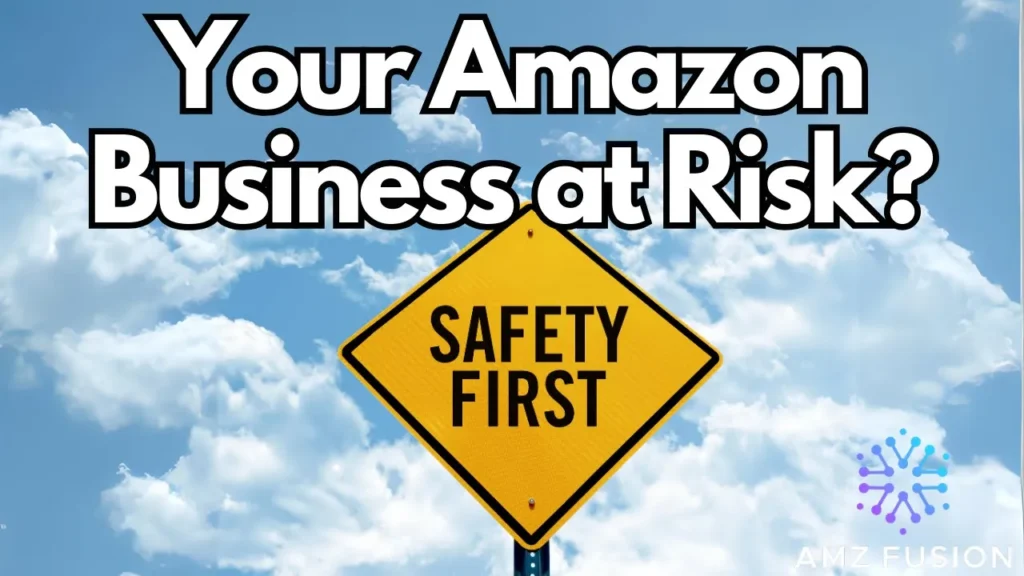Hello everyone! It’s Tim from AMZ Fusion, and since it’s Saturday, I thought we’d discuss some general business advice, not necessarily Amazon-specific. Today’s topic is liability—what it is, where it starts, where it ends, and how you can prepare yourself.
What is Liability?
In a litigious society like the U.S. (though it’s applicable anywhere), understanding and preparing for liability is crucial. The U.S. in particular is known for its lawsuit culture where people sue for substantial sums over various issues, hoping for a payout. This makes it especially important for business owners to shield themselves adequately.
Starting with the Basics: Form a Corporate Structure
If you’re serious about your business, whether on Amazon or elsewhere, I cannot stress enough the importance of forming a formal corporate structure, such as an LLC (Limited Liability Company). This type of company does exactly what it says—it limits your liability. What does this mean? Essentially, it separates your personal assets from your business engagements. Thus, if your business faces a lawsuit, your personal assets are protected.
Why an LLC?
An LLC is beneficial because it offers flexibility and protection without the complexities of a corporation. Filing for an LLC might cost around $300 initially and will require some maintenance, but it’s a worthy investment for peace of mind. Operating without such a structure means that personal assets like your home, car, and savings could be at risk if you’re sued.
The Role of Insurance
Another layer of protection is business insurance. Once you hit certain sales thresholds on platforms like Amazon, you’re required to have insurance. However, it’s wise to have it regardless of your sales volume because it covers you in scenarios that might not even be on your radar yet. For instance, product liability insurance can protect you if a product you sell harms someone, covering legal fees and damages.
Practical Steps to Take
- Form an LLC or Corporation: Depending on your location and business type, the specifics may vary, but the essential aspect is to legally separate your personal assets from your business operations.
- Get Insured: Especially in retail, where product liability can come into play, having insurance isn’t just a safety net—it’s a necessity.
- Maintain Your Business Properly: Ensure you keep up with all the legal requirements of having an LLC, like annual meeting minutes, which help maintain the corporate veil (the separation between you and your business).
Real-Life Application
Imagine you’re a contractor, and an accident occurs on your site that leads to a lawsuit. If your business is an LLC, the lawsuit is limited to the business, not your personal life. Your equipment might be liable, but not your home or personal savings. This separation can mean the difference between a recoverable business setback and a personal financial disaster.
Don’t Be At Risk Wrap Up
Liability is something that you need to consider from the very start of your business journey. It’s not just for the seasoned business owner but also for new entrepreneurs who might not yet see the full scope of potential risks. Properly structuring your business and having insurance isn’t just about compliance; it’s about smart, proactive protection.
Stay tuned for more business tips, and remember, understanding and limiting your liability is not just smart business—it’s essential. Thanks for tuning in, and let’s make sure our businesses are as protected as they can be!




